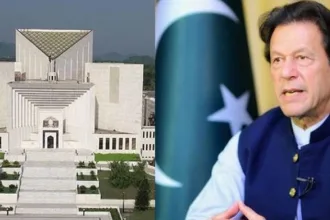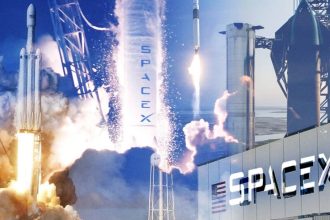The federal government is contemplating keeping the current ex-depot prices of petroleum products unchanged from March 16 to 31, aiming to alleviate the financial burden on citizens during Ramadan amid ongoing high inflation.
Recent trends in petroleum product prices have been inconsistent, with petrol prices rising and other product rates declining.
Oil marketing company forecasts indicate minor price adjustments for the four main petroleum products, attributed to a significant petrol premium and minimal global fuel price increases.
Since March 1, 2024, the international benchmark Brent crude has stabilized at approximately $81 per barrel.
Petrol and high-speed diesel include taxes and the inland freight equalisation margin (IFEM), charged at Rs7.01 and Rs3.76 per litre, respectively.
Predictions suggest a potential Rs1.07 per litre increase in petrol prices due to a premium rise from $10.48 to $12.15 per barrel. This adjustment could elevate the petrol price to Rs280.82 per litre.
Conversely, prices of high-speed diesel, kerosene oil, and light diesel oil are anticipated to decrease. High-speed diesel might reduce by 82 paisa to Rs286.51 per litre, kerosene oil by 94 paisa to Rs189.07 per litre, and light diesel oil by Rs1.56 to Rs168.71 per litre.
Following a Rs4.13 per litre petrol price hike on March 1, the rupee-dollar exchange rate remains at Rs279.
High-speed diesel, essential for the transport and agriculture sectors, significantly influences inflation upon price revision. Petrol, predominantly used in motorbikes, passenger cars, and as a compressed natural gas (CNG) alternative, impacts many car owners, especially in Punjab, where petrol and imported liquefied natural gas (LNG) dominate transport fuel choices due to local gas shortages.
Kerosene oil is a crucial cooking fuel in remote and northern areas, and the Pakistan Army is also a significant consumer.






